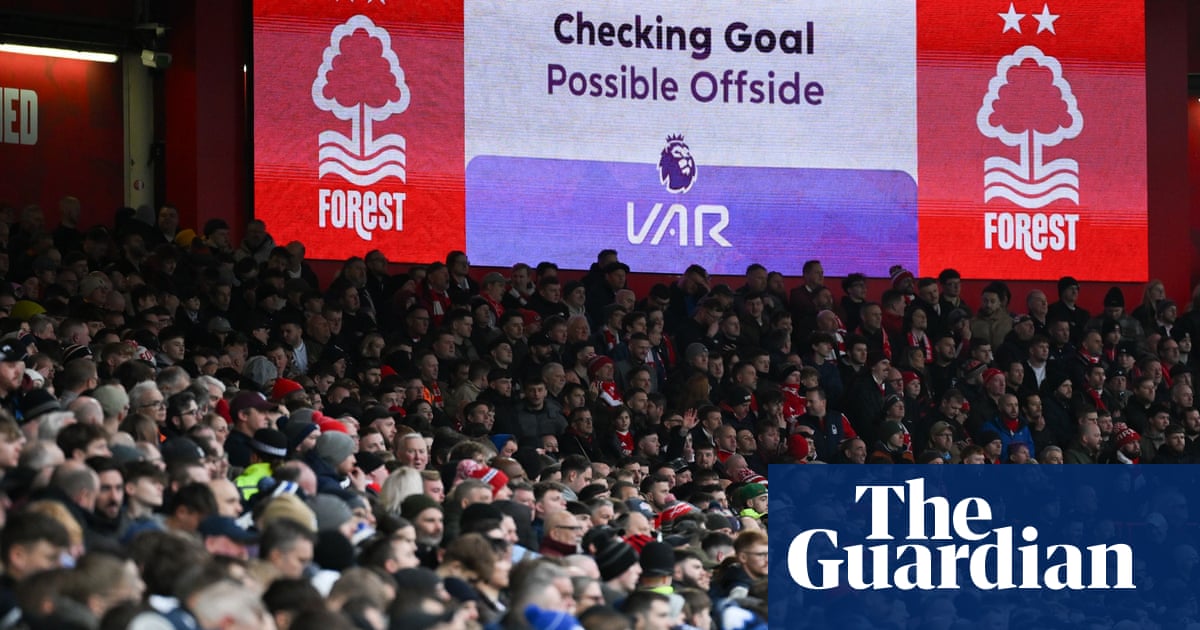A Swedish third-tier side have changed the laws of football after their “gentle persistence” in exploring an offside loophole forced officials to act.
Football’s law-making body, the International Football Association Board, hasamended the text of the offside lawto clarify at which point an offside assessment should be made. The change comes after interventions from Torns IF, a club from the small town of Stångby near Malmö, who wondered whether a player could get around the offside law by keeping the ball balanced in the crook of their foot.
A video showing Torns trying to put their “scoop pass” trick into practice went viral in 2023 and provoked lengthy correspondence between Torns and Ifab. At first Ifab sought to dismiss the query but Torns’ persistence led the body to acknowledge that it was “amusing” and consent to reviewing the wording of the law.
Writing to Torns, the technical director of the Ifab and former Premier League referee, David Elleray, thanked the club “for your part in this clarification” and “for your gentle persistence in this matter”.
Torns’ Tim Neilsen, said it felt “absolutely fantastic to have contributed to the rules of the beautiful game”, adding: “Ifab required some convincing, but we got there in the end.”
The scoop pass has not been outlawed but a clarification has been made to a footnote of the offside law for 2025-26 and relates to one example of a “delayed” pass: when a goalkeeper throws the ball upfield with a view to releasing a forward behind the opponents’ defence. An offside assessment will be made at the “last point of contact” before the keeper releases the ball. In all other passing instances, a judgment is made related to “the first point of contact”.
Sign up toFootball Daily
Kick off your evenings with the Guardian's take on the world of football
after newsletter promotion
Ifab argued that a scoop pass was against the spirit of the laws. “I’m very curious why they have only changed the rule for throws by the keeper, and not for other types of passes, such as scoop and swivel passes,” Neilsen told the Guardian. He believes the lack of clarity would not exist were it not for VAR and the need to establish a precise moment at which to adjudge offside. Perhaps further correspondence will follow yet.
